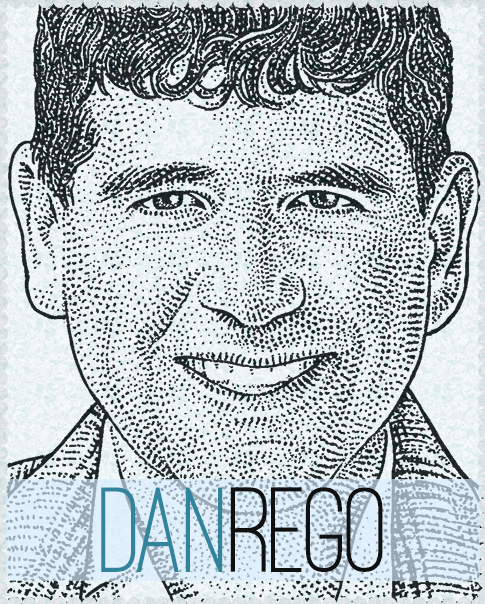From Atomic Regret to Digital Reckoning
In a nutshell (TL;DR)Scientists who built the atomic bomb later regretted the harm it caused; today, tech leaders feel similar remorse about digital tools like social media, AI, and data tracking. Deepfakes blur truth, “surveillance capitalism” trades our privacy for profit, biased algorithms repeat old prejudices, and screen addictive apps hurt mental health. Some experts even fear super intelligent AI...







